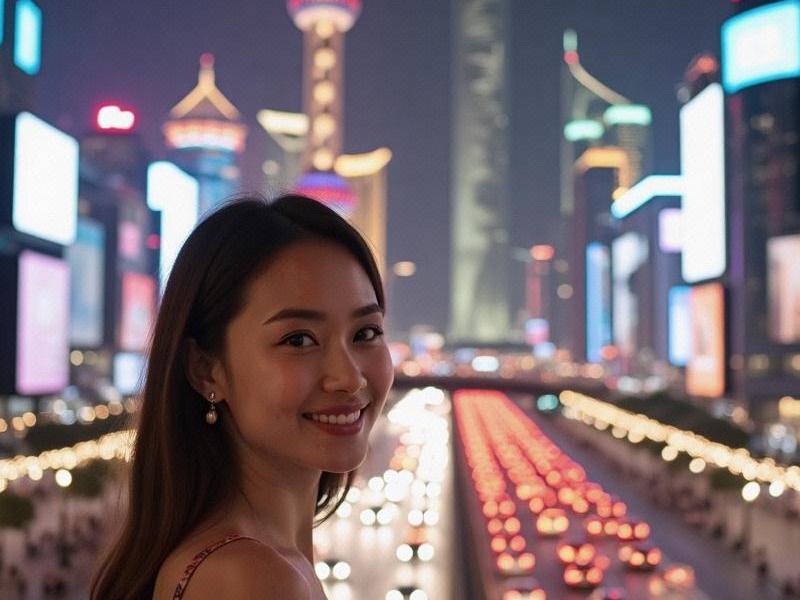
[Article Content]
In the neon-lit streets of Shanghai, a quiet revolution is unfolding - one led by the city's women who are redefining what it means to be female in modern China. The Shanghainese woman has long been legendary in Chinese culture, renowned for her sophistication and business acumen, but the 21st century has seen this archetype evolve into something even more powerful and complex.
Historical Context:
Shanghai's women gained their distinctive reputation during the 1920s-1940s treaty port era, when the city became China's window to the world. The "Modern Girl" phenomenon saw Shanghainese women adopt Western fashions while maintaining Chinese sensibilities - a duality that persists today. Contemporary Shanghainese women trace their cultural lineage to these pioneering figures who first challenged traditional gender roles.
上海龙凤阿拉后花园 The Career Woman Phenomenon:
Statistics reveal Shanghai has China's highest percentage of female executives (38% in Fortune 500 China HQs) and the smallest gender pay gap (88 cents to the male dollar compared to the national average of 78 cents). Finance, tech, and creative industries see particularly strong female representation. "In Shanghai, a woman's ambition isn't seen as threatening but admirable," explains Dr. Li Wenjing, gender studies professor at Fudan University.
Fashion as Cultural Statement:
上海花千坊爱上海 Shanghai's women have developed a distinctive sartorial identity blending qipao-inspired silhouettes with avant-garde international trends. The "New Shanghainese Style" emerging from local designers like Helen Lee and Masha Ma incorporates traditional embroidery techniques with futuristic fabrics. Luxury brands increasingly use Shanghai as their test market for China collections, knowing local women set trends that ripple nationwide.
Social Dynamics:
Shanghai's dating scene reflects changing gender expectations. Unlike elsewhere in China where "leftover women" (shengnü) stigma persists, Shanghai's career-focused singles proudly embrace the "golden miss" (huangjin xiaojie) identity. Matchmaking parks see educated women actively seeking partners who support their ambitions rather than traditional breadwinners.
上海贵族宝贝sh1314 Challenges and Contradictions:
Despite progress, tensions remain. The city's high cost of living pressures women to balance career and family expectations. Recent controversies over workplace discrimination cases and "MeToo incidents reveal lingering inequalities. Yet Shanghai's women continue pushing boundaries - whether through feminist collectives like Ladies Who Tech or viral social media campaigns challenging beauty standards.
Cultural Export:
Shanghainese women are becoming China's unofficial cultural ambassadors. From tech entrepreneur Peggy Yu (co-founder of Dangdang) to Olympic gold medalist Wu Minxia, they're redefining global perceptions of Chinese femininity. As Shanghai solidifies its position as Asia's New York, its women stand at the forefront of this transformation - sophisticated, ambitious, and unapologetically modern while retaining the pragmatism and grace that made their grandmothers legendary.
The future may belong to Shanghai's women, but as 28-year-old venture capitalist Zhang Lei tells me over matcha in Jing'an: "We're not trying to 'have it all' - we're rewriting what 'all' means." In this city of 24 million, that rewriting is happening every day, one stilettoed step at a time.
